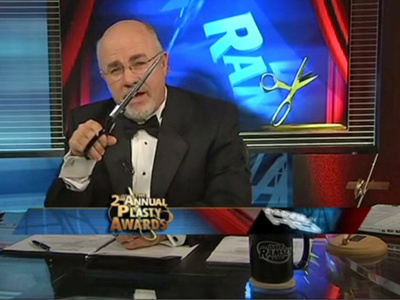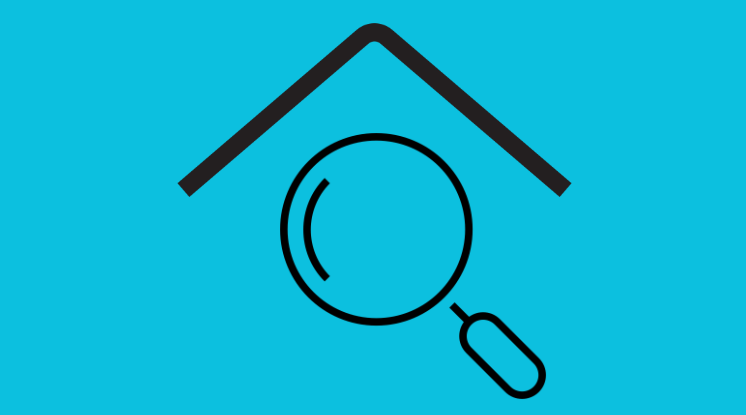 We all focus on how to improve your credit score so much so that we all worry about having to pay our debts on time. But after all of the efforts to do so and we get out of credit, our Fico score goes down as we dont have any debts to pay anymore. That does not seem like a good way to improve the credit score but if youll think about it, isnt the sole purpose of our credit bureau report score to see how, even though we are in debt, we can still manage to spend the money that we have?
We all focus on how to improve your credit score so much so that we all worry about having to pay our debts on time. But after all of the efforts to do so and we get out of credit, our Fico score goes down as we dont have any debts to pay anymore. That does not seem like a good way to improve the credit score but if youll think about it, isnt the sole purpose of our credit bureau report score to see how, even though we are in debt, we can still manage to spend the money that we have?
As a Dave Ramsey Endorsed Realtor, we wanted you to know what Dave already knows.. So here it is… If youre thinking of the best way to improve your credit score, then:
How to improve your credit score without having to pay your debts on time is by getting out of debt and STAYING out of it.
After all, isnt it better if we would just stop worrying about our credit score every now and then?
So how do we get out and stay out of debt? Why, by budgeting, no less!
Dave Ramsey has come up with a sure-fire way to budget your money properly. But of course, just like every new process we do in life, we have to know the steps on how to budget. One of our Partners, RichLife Financial calls their budgeting system the “funnel” as they are able to see where all the money funnels to and have a plan for it.
First, find out how to make a budget. This has to be done every month as there are new expenses every month. Get a pen and a paper or budgeting forms that you get from the internet (Such as Dave Ramseys Website) and at one side, write down all your sources of income for the month. Every time you receive an amount of money, put it down on this side of the pad: ALL OF IT.
The next thing to do is to write down the expenses that you have every month. Again, every months expenses are different which is why budgeting has to be done monthly and must be made a few days before the month has even started. This way, you are more in control of your budget. Once you make a purchase, make sure to write it down on the pad as soon as you get a hold of it. Make sure that you dont forget to give back 10% off of your income to the church, also known as Tithing.
Make sure that every dollar is allotted to a category. If you are done with budgeting and you have extra money, they you still have to figure out where to put that money to. Say for example, you could place it as emergency funds, or to your kids college funds, etc. This is a zero-based budget.
To save more money, Dave Ramsey came up with the Five Money Gotchas. These are 5 things that you need to start cutting off.
- Car Payments (you dont need to pay too much to buy a quality car)
- Eating out (have leftovers from lunch? You can still eat it at dinner!)
- Utilities (make sure the lights are off when you are not in the room)
- Groceries (start using coupons)
- Clothing (you dont need to buy clothes all the time. And going to thrift shops are great, too!)
Now that youve written down your budget, its time to actualize with your money. One good way to do so is the envelope system. Get some envelopes (as many as your budget categories) and write one category on each envelope. For example: Kids College Funds. If youve allotted $500 that month to that category, then place that amount inside the envelope once youve received your income. No money goes out of that envelope unless its for the Kids College Fund. NEVER CHEAT ON THE ENVELOPE SYSTEM! This will determine your discipline in saving money.
Now, if at the end of the month, you have extra money left over, then that is for you to reward yourself with. Go watch a movie, go shopping or eat out. This way, you keep your spirits up about saving.
Credits: Dave Ramsey





